Mastering the Clock: Time Management Strategies for Peak Productivity
In our fast-paced world, time is one of the most valuable resources. Managing it effectively is pivotal to not only enhancing productivity but also to maintaining a healthy work-life balance. With myriad distractions and an ever-growing to-do list, it’s easy to feel overwhelmed. However, by employing strategic time management techniques, you can take control of your day, prioritize tasks, and achieve your goals while still reserving time for rest and rejuvenation.
Whether you're a busy professional, a student, or someone looking to instill a sense of order into your daily routine, the following time management strategies are designed to help you structure your day for maximum efficiency and success. Let’s delve into these transformative techniques and explore how they can be tailored to fit your unique lifestyle and enhance your productivity.
The Pomodoro Technique

The Pomodoro Technique involves breaking your workday into 25-minute chunks of focused work followed by a 5-minute break. After every four 'Pomodoros,' take a longer break of 15 to 30 minutes. This method can help maintain consistent productivity by preventing burnout and keeping the brain fresh.
The Eisenhower Matrix
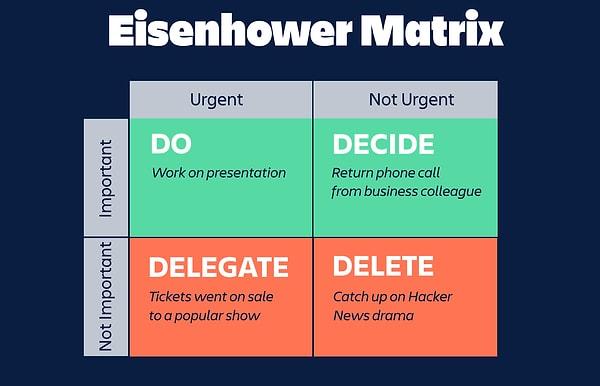
Prioritize your tasks based on urgency and importance. The matrix has four quadrants: urgent and important, important but not urgent, urgent but not important, and neither urgent nor important. This helps in focusing on what truly matters and not just what appears to be urgent.
Time Blocking

Allocate specific blocks of time for different tasks or types of work. For instance, you might block off an hour for emails, two hours for a project, and an hour for meetings. During these blocks, focus solely on the task at hand to improve efficiency and reduce the time spent on switching between tasks.
The Two-Minute Rule

Popularized by productivity consultant David Allen, the two-minute rule states that if a task can be done in two minutes or less, do it immediately. This simple principle can prevent small tasks from piling up and becoming overwhelming.
The ABCDE Method

List your tasks and assign them a letter based on their importance, where A is the most important and E is the least. Focus on A tasks before moving on to B tasks, and so on, ensuring that you’re always working on the most critical tasks first.
The 80/20 Rule (Pareto Principle
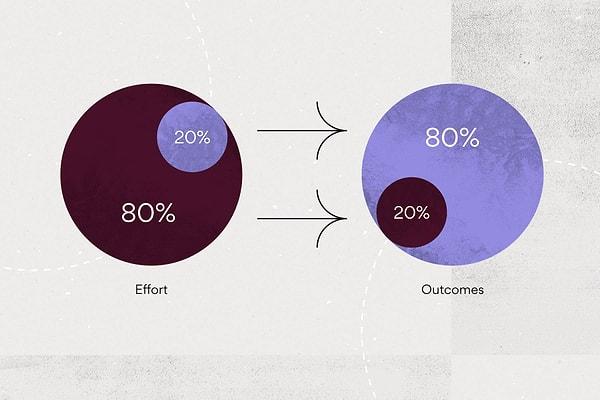
Identify the 20% of your efforts that result in 80% of your productivity gains. By focusing more on those high-impact activities, you can drastically increase your efficiency and effectiveness.
Set SMART Goals
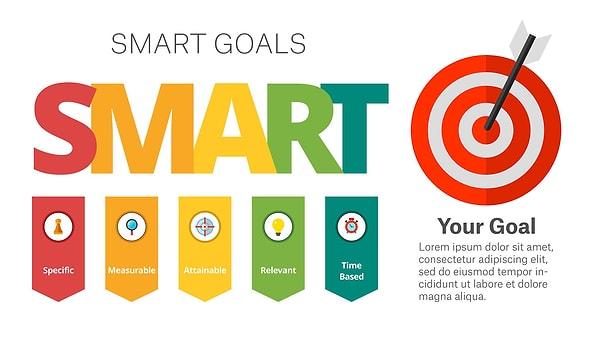
Ensure your goals are Specific, Measurable, Achievable, Relevant, and Time-bound. This framework can help you clearly define what you want to accomplish and devise a realistic plan to do it.
Batch Processing
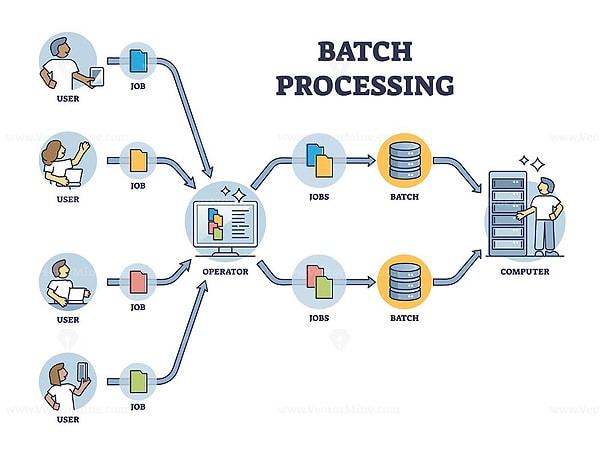
Group similar tasks together and tackle them in a single batch. This minimizes the start-stop-start pattern that can eat up time and sap energy.
The Kanban Method
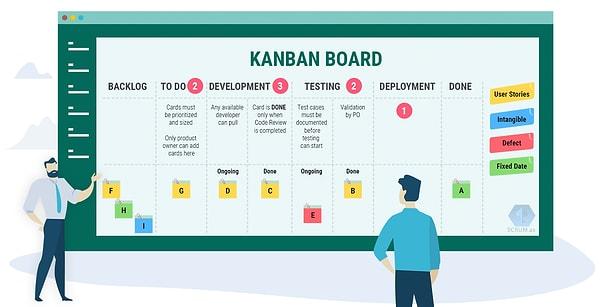
Visualize your work using a Kanban board where tasks are categorized into 'To Do,' 'In Progress,' and 'Done.' This helps you keep track of your progress and stay focused on moving tasks through to completion.
Set Personal Deadlines

Even if a task doesn't have an official deadline, set one for yourself. This can help combat procrastination and create a sense of urgency that can propel you to action.
Keşfet ile ziyaret ettiğin tüm kategorileri tek akışta gör!

Send Comment